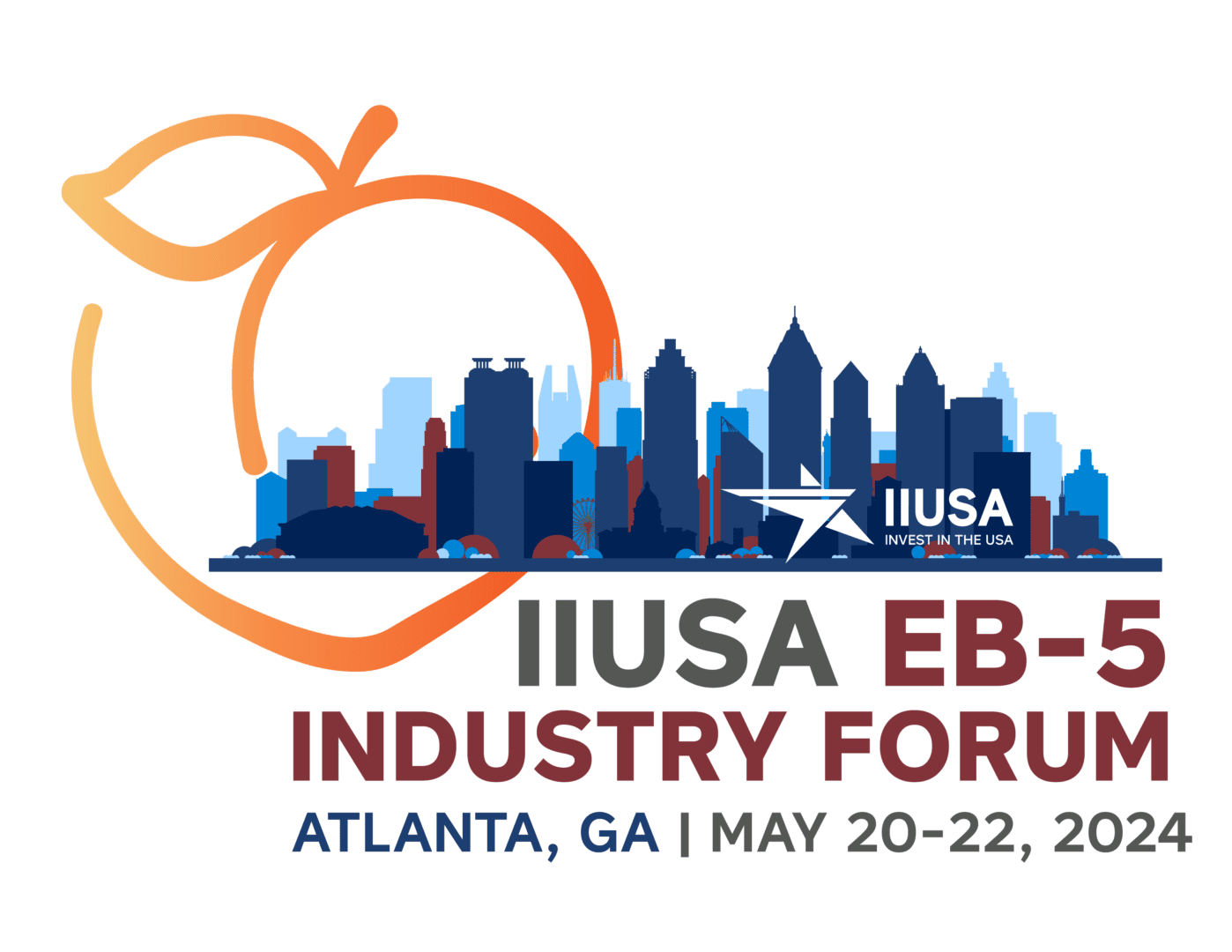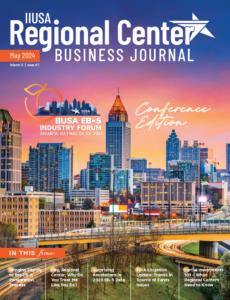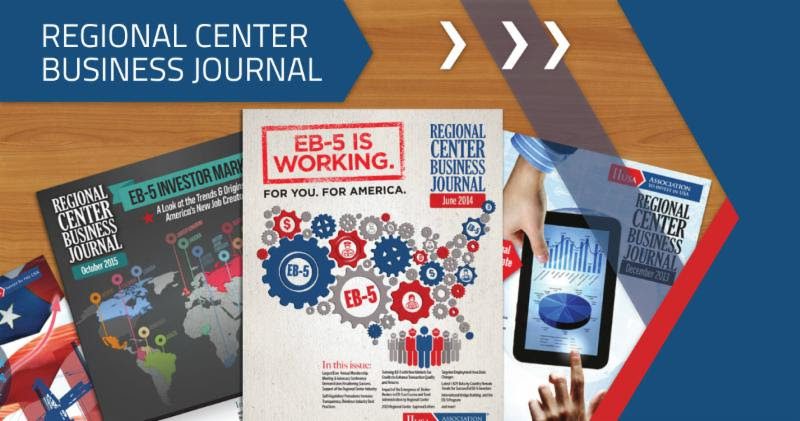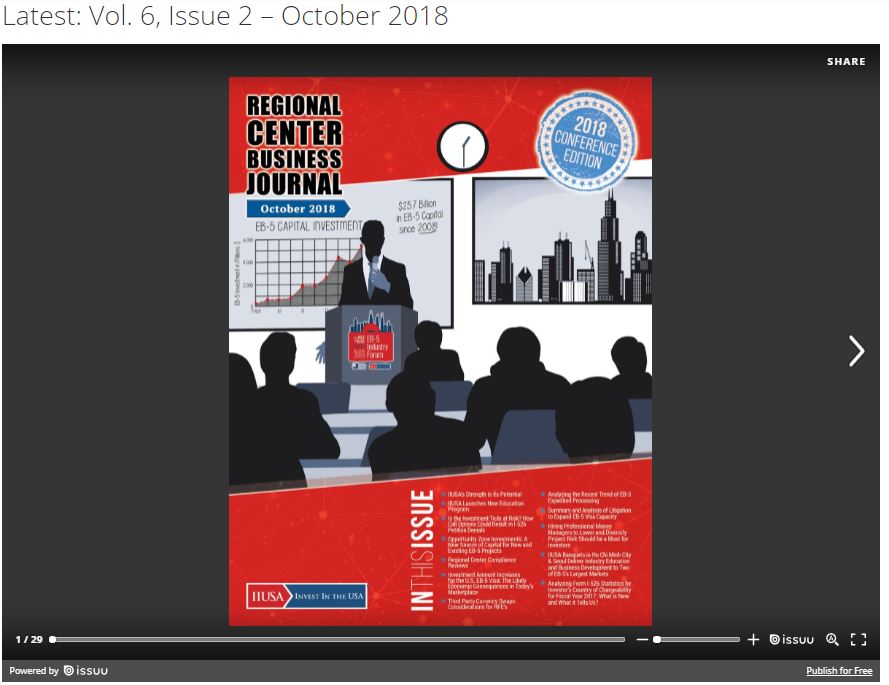By Joseph Barnett, Partner, Wolfsdorf Rosenthal LLP
Time is of the essence, especially in EB-5 petition and application processing. Despite the Immigrant Investor Program Office’s (“IPO’s”) increase in staff and the re-organization of its adjudication teams for more efficient processing in recent years, EB-5 adjudications remain undeservedly long. According to USCIS’ September 3, 2018 website screenshot, it takes an average of about 20-26 months for I-526 adjudications, and 19.5-25.5 months for I-924 adjudications. One potential way to speed up EB-5 adjudications is to request “expedited processing” by USCIS.
Is Expedited Processing for Soon-To-Be Backlogged Countries Helpful?
Expedited processing is of particular interest these days for Indian, and some South Korean, and possibly for Taiwan and Brazilian nationals looking to receive Form I-526 approvals before the U.S. Department of State (“DOS”) imposes a Final Action Date (i.e. a Visa Bulletin cutoff date), which DOS has informally projected will occur by the Summer of 2019. There is a possibility that, through expedited processing, an EB-5 beneficiary could slide through to immigrant visa processing before a Final Action Date falls in FY 2019. Individuals lawfully in the U.S. may also be able adjust status and get work and travel authorization during this time. For this reason, the possibility of expedited processing of an I-526 or I-924 has become a powerful marketing tool. It is therefore critical for immigrant investors, regional centers, and U.S. developers to understand how to qualify for such a benefit.
Expedite Criteria
USCIS has established national expedite criteria for all petitions and applications and will review all expedite requests on a case-by-case basis. Granted at USCIS’ sole and absolute discretion, there is no such thing as a “guaranteed expedite” in U.S. immigration law. The burden is on the petitioner to demonstrate that one or more of the following expedite criteria have been met:
• Severe financial loss to company or person;
• Emergency situation;
• Humanitarian reasons;
• A non-profit organization whose request is in furtherance of the cultural and social interests of the United States;
• Department of Defense or national interest situation;
• USCIS error; or
• Compelling interest of USCIS
There are two keys to success with an expedite request: providing credible, objective data in support of the national expedite criterion claimed to be met, and pulling on the heartstrings of a USCIS adjudicator. Both strategies should be used to demonstrate the devastating effects that would occur to an EB-5 project or investor without the expedited processing. Letters of support from U.S. Representatives or Senators, interested state or federal agencies, and/or local economic development entities, can help establish a “national interest situation.” Treating the expedite request as seriously as any other immigration filing with USCIS and establishing a solid record upon which USCIS can base its approval is essential. A detailed discussion of the severe financial loss, or the national interest being served, is necessary to create a “feel good” story for USCIS to approve the expedite request.










